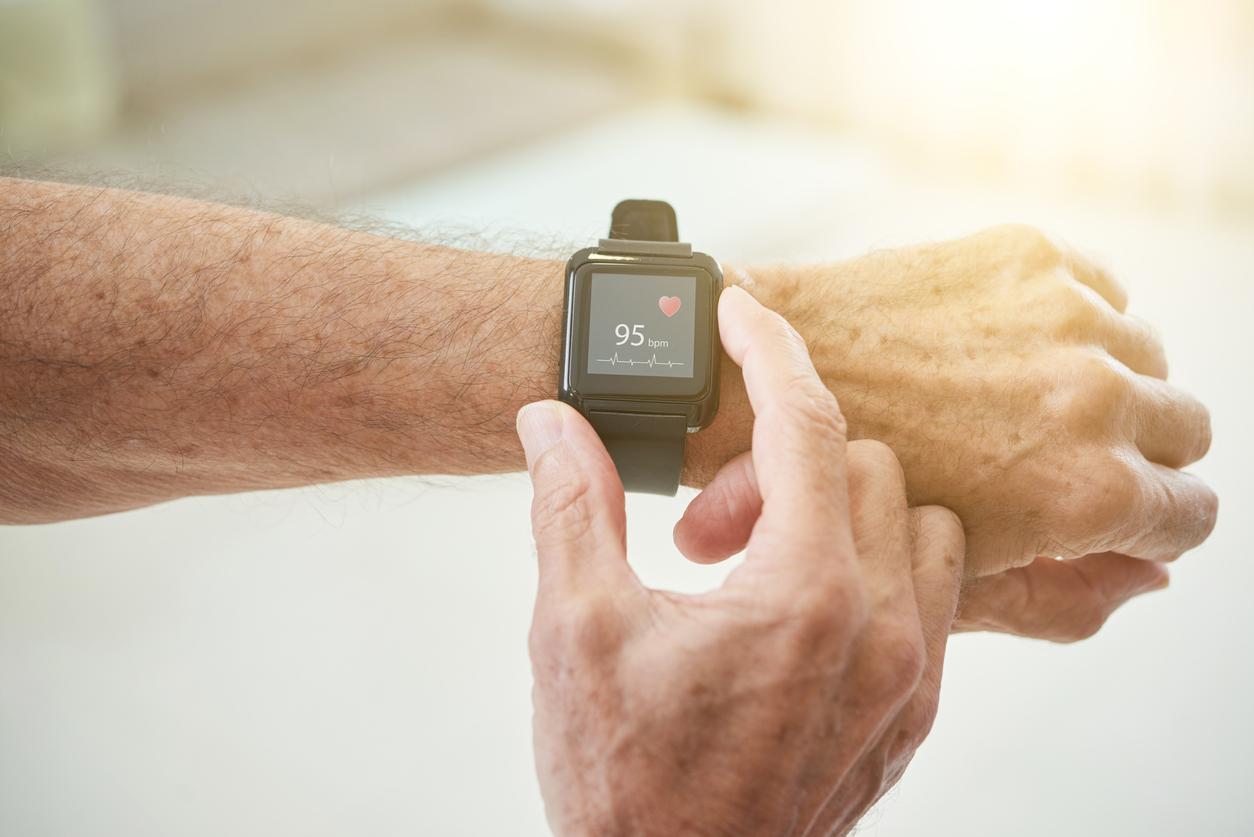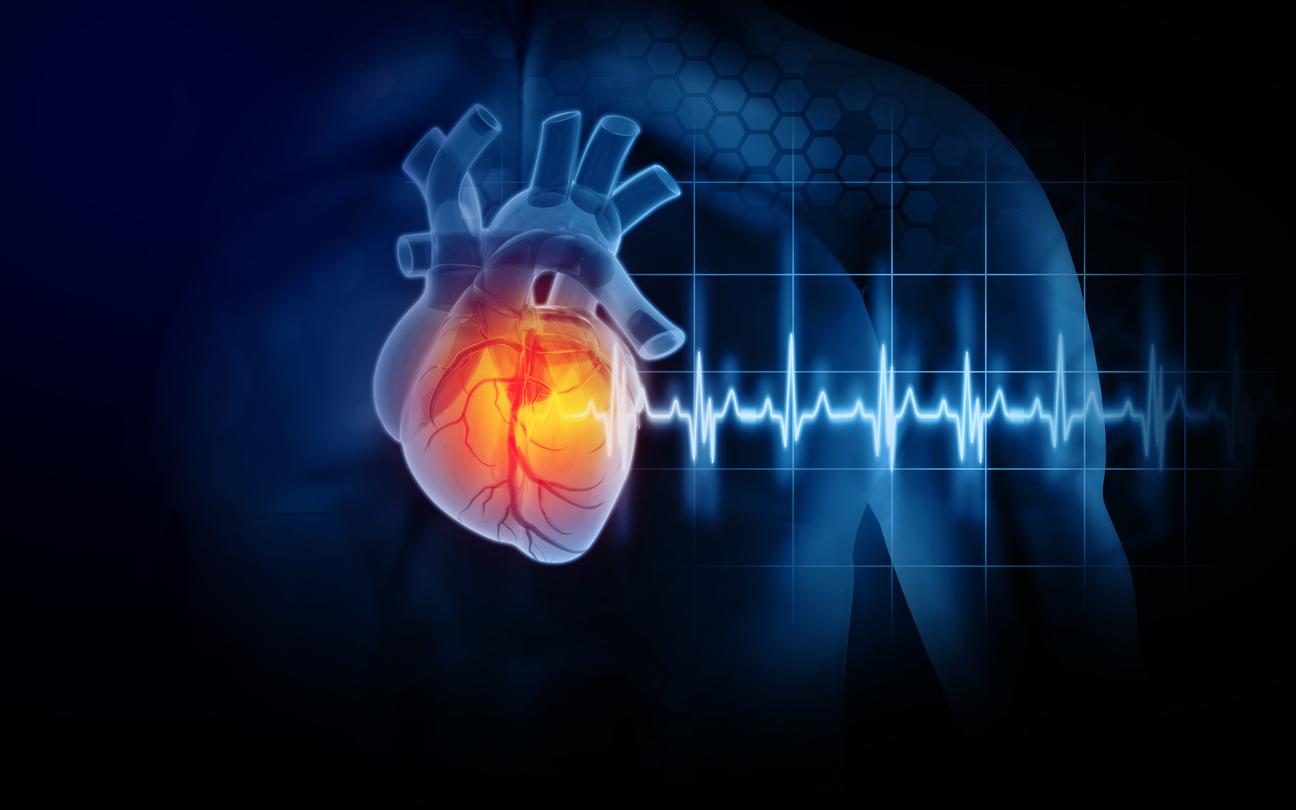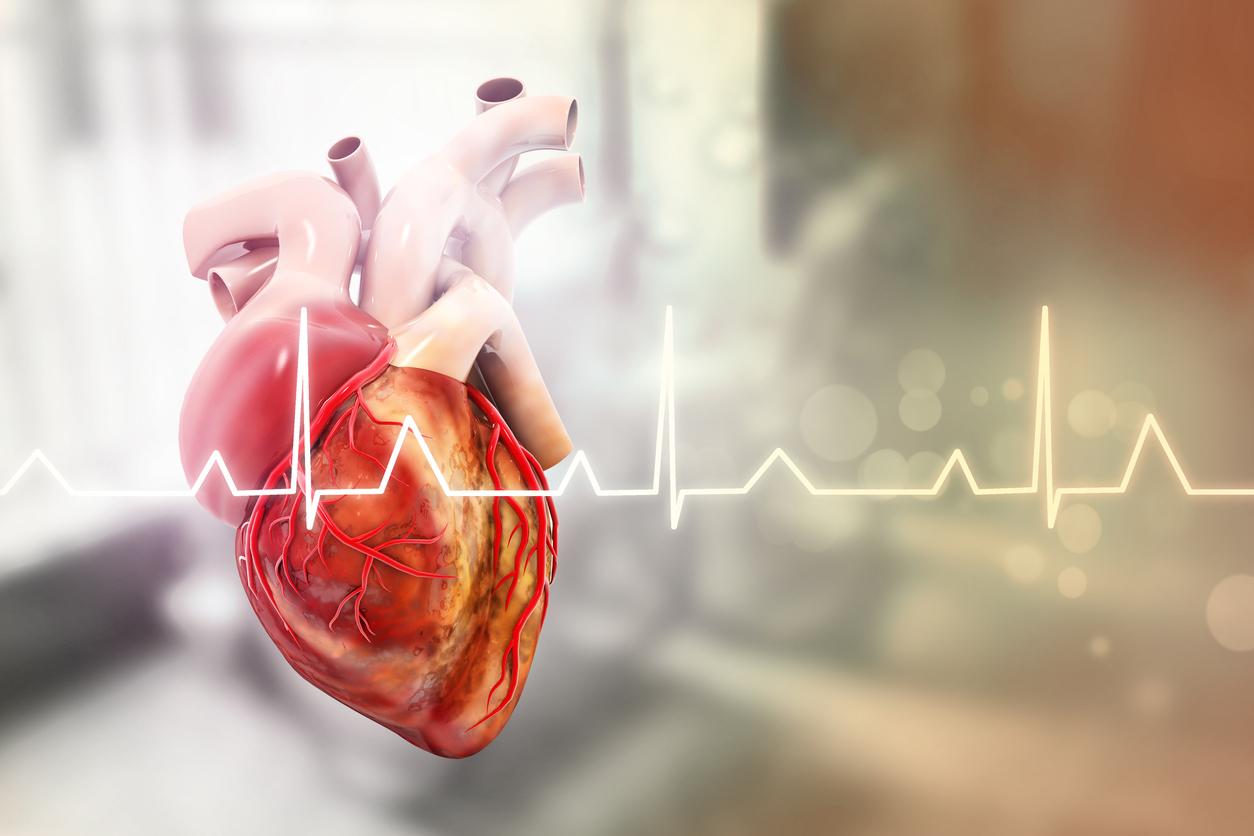Atrial fibrillation, a heart rhythm disease that can lead to a risk of stroke, can be treated with anticoagulants and beta-blockers, but also by a surgical procedure called “ablation”. As part of the week of action on this disease, the testimony of Frédéric, treated by this method.

- Ablation of atrial fibrillation involves deactivating the heart cells causing this rhythm disorder.
- This disease can be tolerated well but risks getting worse with age.
- The main danger of AF is the risk of stroke linked to poor expulsion of blood from the left atrium.
“I do not regret having chosen the ablation of my atrial fibrillation, it improves my quality of life on a daily basis I no longer live in anxiety linked to the risk of stroke!”. It was at the age of 45, after a more pronounced episode, that Frédéric, now 65 years old, learned that he was suffering from attacks of AF. “I had some symptoms since the age of 20 but I lived with them without realizing that it was a real illness”he remembers.
Placed on anti-coagulants, Frédéric notes a very clear improvement in his condition… to the point of deciding to stop his treatment. And then after new attacks observed during routine medical visits, he ended up talking to his doctor again. “He told me that even if we tolerate attacks of AF well, it could have harmful effects on the heart and above all lead to heavier treatment with anticoagulants and beta-blockers, and more impactful in terms of of comfort of existence.
How atrial fibrillation increases the risk of stroke
“At that point, I changed my approach, recognizes Frédéric, I continued to have feelings of racing heart, discomfort, which encouraged me to take things more seriously”. At the heart of his concerns, the risk of more serious events such as a stroke since atrial fibrillation, by disrupting the heart rhythm, prevents the heart from properly expelling the blood rising from the veins which gives rise to the risk of formation of clots which can migrate in the circulatory system. “There, we are entering dangerous territory…”, he admits.
“After AF ablation we go home the next day”
After a cardiology consultation at Pitié-Salpêtrière, and to prevent the disease from worsening with age, he decided to treat his AF by cryotherapy ablation. “It’s something quite light, we arrive in the operating room in the morning, with background music which is rather pleasant, and after the operation we go home the next day”, says Frédéric. The only downside is the impact of this intervention which consists of going up to the heart from the groin to freeze and deactivate the heart muscle cells around the arrival of the pulmonary veins, “the discomfort caused by the dressing in the groin and also, and I had not been warned, an acceleration in the heart rate during the month following the ablation before it returned to normal”.
Atrial fibrillation, a disease probably underdiagnosed
The lesson he learned from his choice to treat his AF in this way? “This disease is something that is tolerable but tiring… and the prospect of suffering a stroke at 50 is not great! So we must not rush but we must anticipate“, believes Frédéric who advises never to hesitate to discuss warning symptoms of atrial fibrillation with your doctor… or with your friends: “Between friends, we don’t talk too much about our health, we want to show that despite our advancing age we remain as solid as a rock, but as soon as we confide a little, we realize that this illness does not concern hurts people and must be taken seriously”. Indeed, atrial fibrillation affects more than a million people in France and remains a disease that is probably underdiagnosed.











-1702914308.jpg)




